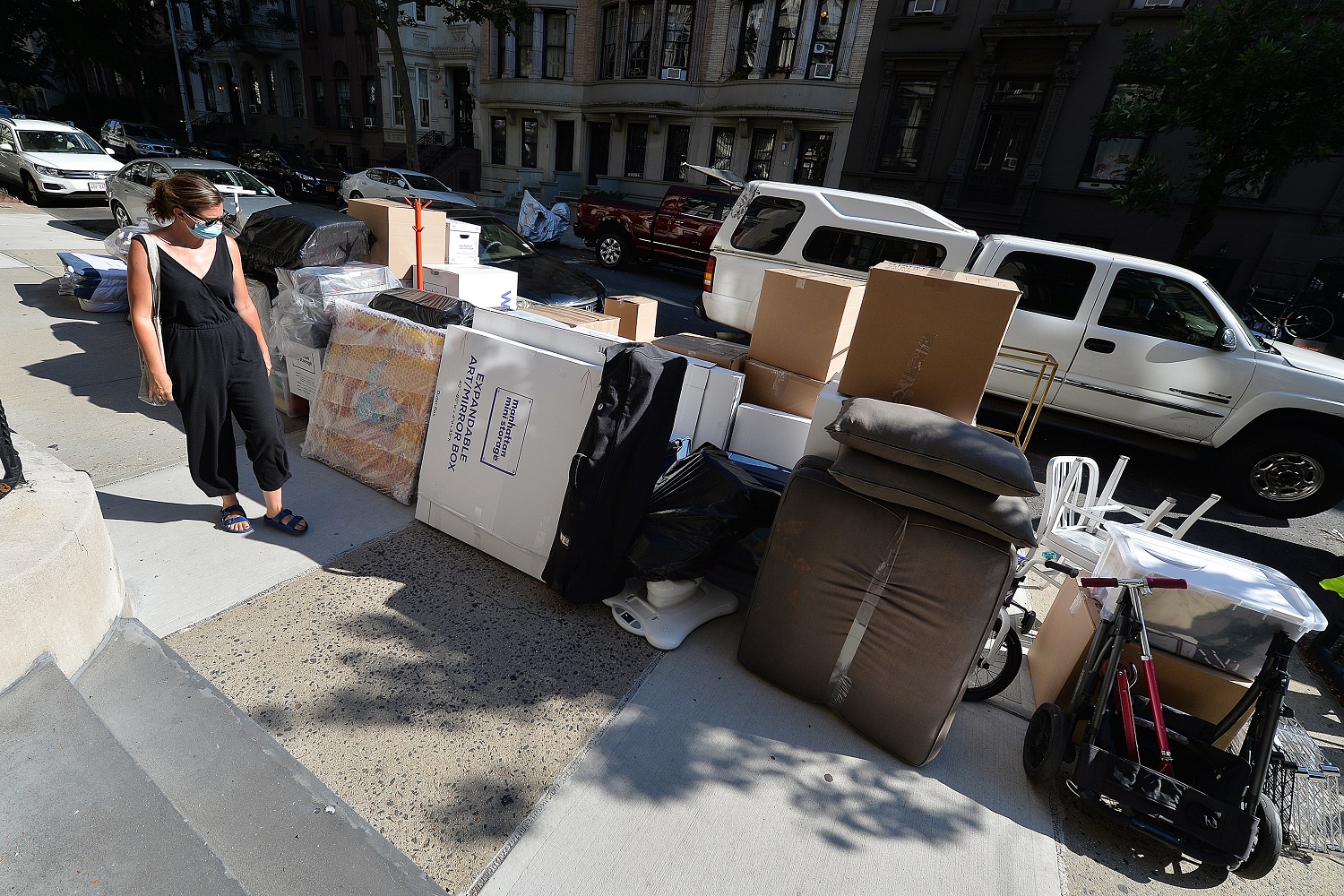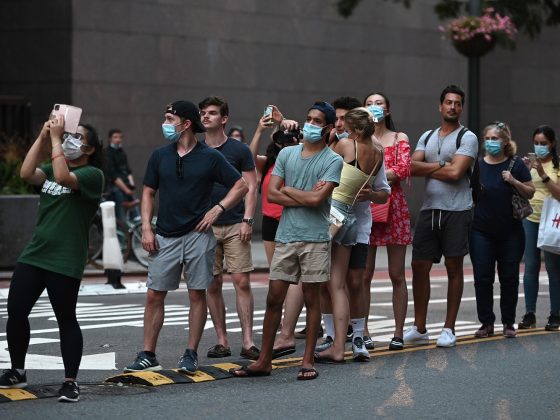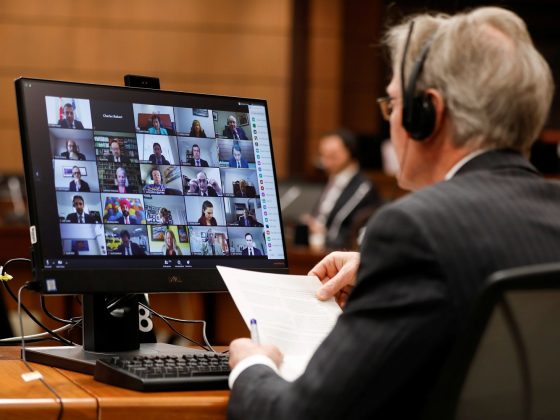Nobody understands it. No one really knows where it came from, how it was made, what is its purpose, how it affects us, why it affects us the way that it does, or how to get rid of it, if there’s even a way. COVID-19 has us cornered, at its mercy, and we’re just waiting for the bell to save us.
But in truth, we have a bigger problem than answering these just-mentioned questions. Our problem is our attitude to the virus, because if we change our attitude, we will turn the menace into a blessing. Below are five things we need to know in order to change our attitude and turn the bane into a boon.
1. The first thing we need to know is that the virus influences more than our bodies. Besides its obvious physical impacts, it is affecting us emotionally and mentally. The virus is changing our psychology. It has forced us into a lockdown and made us re-examine many values that we took for granted. It showed us that it’s OK not to buy or look for shopping opportunities every single moment. It opened our eyes to the people around us, our parents, children, spouses, and friends. It showed us how impatient we are, how caring we are or are not, and how caring or not are our kin.
“Nature will recover, the climate will return to balance, and people will feel united among themselves and with the whole of nature.”
2. COVID-19 is a teacher of mutual responsibility. Even if I don’t feel sick, and I am young and strong and healthy, I could be a carrier and transmit the virus to my not so young, strong, and healthy parents or grandparents. Therefore, I must avoid hugging them and kissing them, or sending the kids to be with them when I want to get some work done. And I must do that not because I don’t want to catch the virus, but in order not to transmit it to them. Moreover, the authorities tell me that I must apply this approach when I go outside in order not to transmit the virus to others, to complete strangers! This is a completely novel social approach, yet vital in these days of super-contagious bugs.
3. Another very important thing to know is that the virus is restructuring the economy. Like it or not, it is killing consumerism, vanquishing capitalism, and introducing what NY Times columnist Thomas Friedman called jobs that “create more value with hearts and between hearts.” This is not 20th century communism or socialism. It is not an economy that sees everyone as the same. On the contrary, it sees everyone as unique and strives to benefit from everyone’s unique skills and capabilities. Accordingly, it supports the development of each person’s flairs and talents, which one then happily employs to improve society as a whole, while society recognizes each person’s contribution and commends each person for his or her efforts to make the society a better place to live in. In this way, society both benefits from people’s contributions, and people happily contribute because it empowers them, fulfills their dreams, and makes them feel worthy and valuable as human beings.
4. The coronavirus will drive us to perform radical changes in the job market. On the material level, society will see to people’s staples; they won’t need to worry about getting food, water, shelter, healthcare, education, and even recreation. There will be people whose contribution to society will be manufacturing and provision of staples to all. The rest of the people will not sit idle; they will be busy creating “value with their hearts,” as Friedman put it, enhancing social solidarity and cohesion.
5. The final result of the novel coronavirus pandemic will be a society whose people receive their basic needs effortlessly, socialize with one another throughout their day, and live in peace with each other and with nature. Since excessive shopping will not please people anymore, they won’t consume more than they need and will not deplete the planet from its resources. Nature will recover, the climate will return to balance, and people will feel united among themselves and with the whole of nature.











